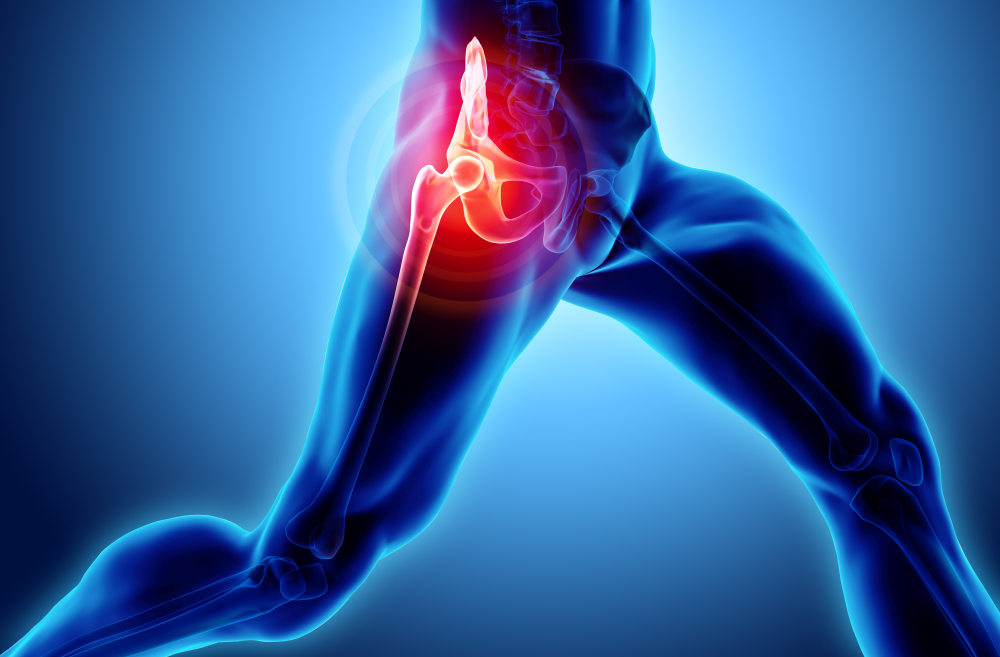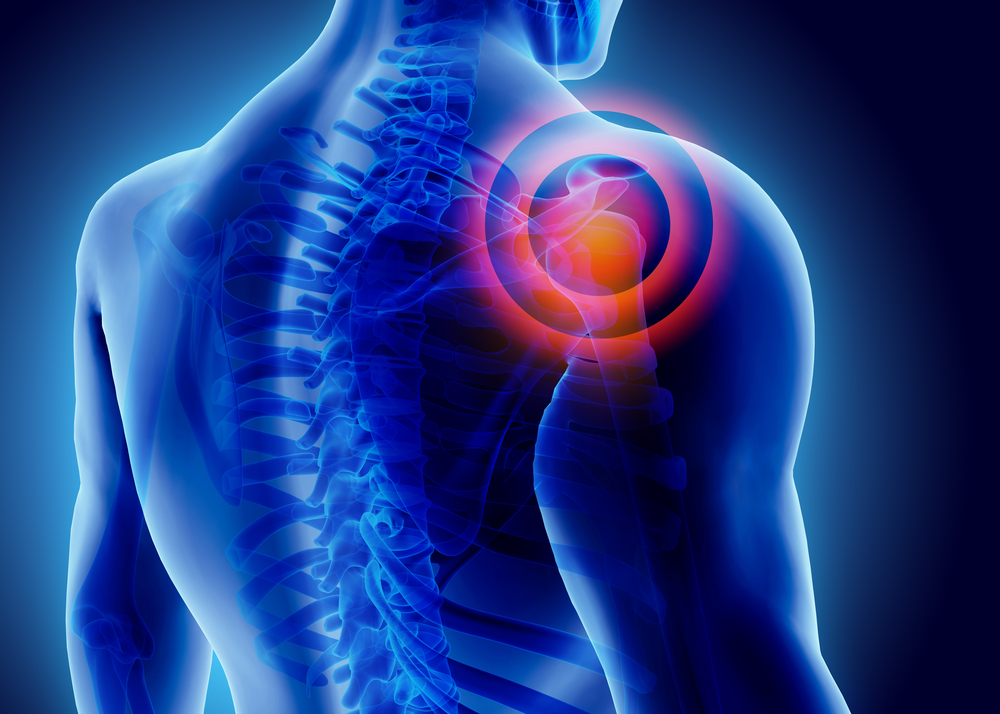BACKGROUND AND PURPOSE: Recent findings suggest a causative role of infections in the pathogenesis of atherosclerosis. The extent of atherosclerosis and the prognosis of patients with atherosclerosis seem to be increased by the number of infections to which an individual has been exposed. In a prospective study, we evaluated the effect of 8 pathogens and the aggregate pathogen burden on the progression of carotid atherosclerosis.
METHODS: In 504 patients (74.9% men; age, 62.9+/-10 years), we measured intima-media thickness and prevalence of carotid artery stenosis. Follow-up measurements after a mean of 2.5 years were available in 427 patients (85%). Blood samples were taken, and IgG or IgA antibodies to Chlamydia pneumoniae, Helicobacter pylori, Haemophilus influenzae, Mycoplasma pneumoniae, cytomegalovirus, Epstein-Barr virus, and herpes simplex virus types 1 and 2 were measured. Statistical evaluation was performed with logistic regression procedures.
RESULTS: Elevated IgA antibodies against C pneumoniae (P<0.04) and IgG antibodies against Epstein-Barr virus (P<0.01) and herpes simplex virus type 2 (P<0.04) were associated with progression of atherosclerosis (increase of intima-media thickness > or =0.1 mm/y or progression of carotid stenosis) after adjustment for age, sex, cardiovascular risk factors, highly sensitive C-reactive protein, and statin intake. Infectious burden, divided into 0 to 3, 4 to 5, and 6 to 8 seropositivities, was significantly associated with progression of atherosclerosis, with odds ratios of 1.8 (95% confidence interval, 1.1 to 2.9) for 4 to 5 and 3.8 (95% CI, 1.6 to 8.8) for 6 to 8 compared with 0 to 3 seropositivities after adjustment.
CONCLUSIONS: Our results support the hypothesis that the number of infectious pathogens to which an individual has been exposed independently contributes to the progression of carotid atherosclerosis.


